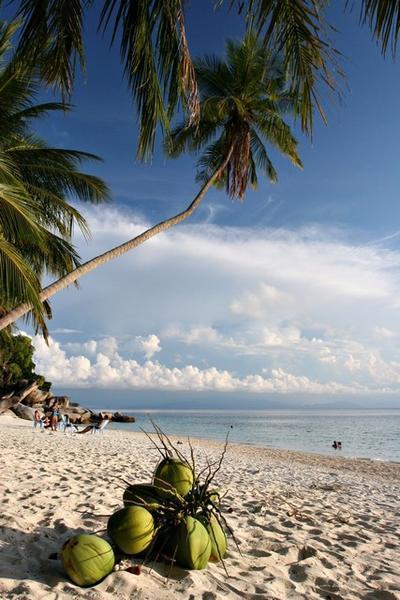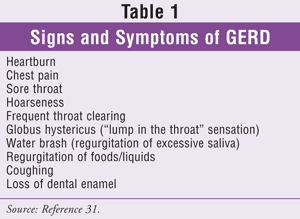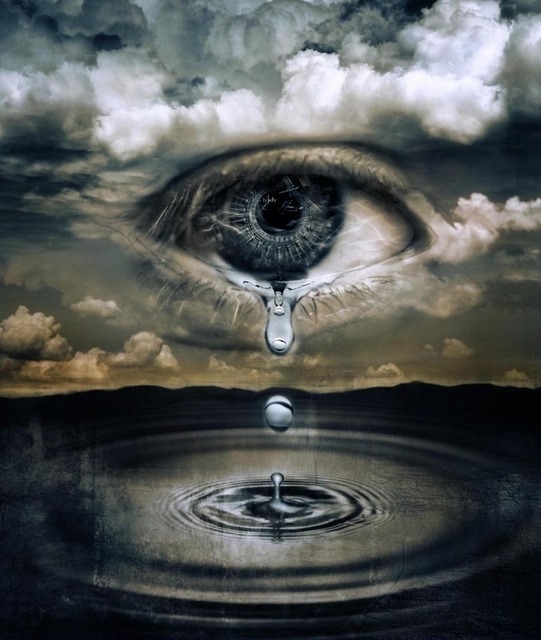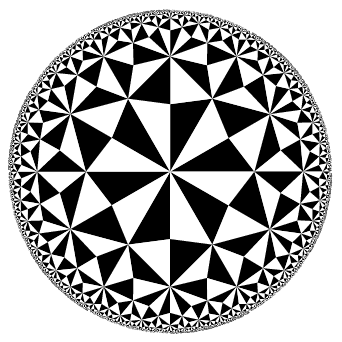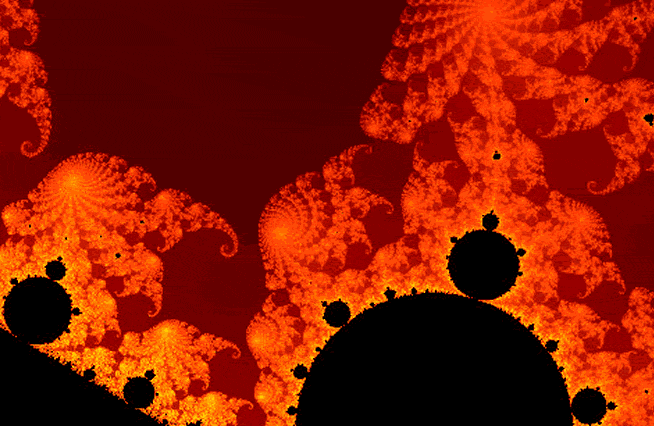2010 might prove to be the year of Trust No-One, as the whole time it seemed one revelation after another about the state of what we used to think of as our 'privacy'; and the secrecies and abuses of privacy practiced by governments and corporations were brought to light. Maybe we found some new black and white for a moment or two there, before the inevitable greying of entropy and the chaos of life set in. The contrasts we saw remained stark right to the end.
Perhaps unsurprisingly, I shall quote Julian Assange to illustrate:
"What are the differences between Mark Zuckerberg and me? I give private information on corporations to you for free, and I'm a villian.
Zuckerberg gives your private information to corporations for money and he's Man of the Year."
So at the end, we all got a nice fat dose of what we knew all along: those who control the mechanisms of society (to the extent that they are controlled) lie, hide, and don't play fair and they do it for their own gains.
"We now know what happens when we build institutions that are not transparent to our eyes even though they demand transparency from us. We now know that the net we depend upon can be yanked away from us if we anger those who control it. We now know there are those in control. We believed the net to be mere anarchy loosed upon the world - turns out it’s just another shopping mall." - Mark Pesce.
"We now know what happens when we build institutions that are not transparent to our eyes even though they demand transparency from us. We now know that the net we depend upon can be yanked away from us if we anger those who control it. We now know there are those in control. We believed the net to be mere anarchy loosed upon the world - turns out it’s just another shopping mall." - Mark Pesce.
Many are now awake to just how much of what we once thought of as 'our' information is simply now let loose. There are many who have risen in anger about all this. Many will change the way they operate online at the very least to try and re-protect their personal life from scrutiny. And there are those who will simply accept that this is a new reality and enjoy the good parts, adapt to the more irksome ones. I think this year will see a massive rise in the use of all sorts of online tools and methods to re-privatise not just personal spaces, but protected group spaces too.
Still, the cat's out of the bag. Someone can upload a picture of you and without even tagging your name to it The Machine may recognise you and tag the picture for you. Another little data blip attached to your datalife doppelganger. We've been feeding this shadow-self for a generation now, allowing ourselves to be tracked with our credit card purchases, our net surfing, our social networking and even our physical locations through our ever-present mobile devices. And since these datasets are valuable to someone, because they tell a pretty good story about us all added up, there has been an ironic twist added to the struggle of your information to free itself; the corporations to whom it has dollar meaning, and the governments to whom it has political purpose wish to liberate the data for their own use, and now those very institutions have lost control of it through the mechanisms and agents of we (the people) wishing to wrest the power back from them.
I started writing a post about privacy quite some time ago, and restarted again when US student Tyler Clementi killed himself. You might remember, he briefly became a posthumous cause celebre for those railing against our new information tools' ability to facilitate the rapid spread of personal information. In his case, this information was a webcam recording made (without his knowledge or consent) by a roommate of him having sex with another man in his dorm room, and posted on Facebook. Tyler was not exactly openly gay, it seems, and in a sad irony he posted his last words on Facebook. "Jumping off GW bridge. Sorry."
We have never been able to legislate or dominate our citizenry sufficiently to ensure nice and proper behaviour. Never been done, ever. Yet now anyone with a net connection can say anything about anyone, reveal any information and imagery, and there's nothing we can do about it except hope no-one does OR- to not care.
Imagine if Tyler lived in a reality where coming out was OK, because obviously he didn't. A reality even where 'coming out' was not a term we had a use for any more, because sexual preference was just not an issue for anyone. Expand that thinking out, to a place where people just naturally 'did right' by one another, where there was no argument over creeds or rights, and you've entered the heart one of John Lennon's greatest pieces - Imagine.
That might be a little way off yet, I think. In the meantime, how to adapt?
There was much hue and cry in the UK when they started getting full-on with the whole CCTV thing, but then the powers-that-be and Have Your Say Champions Of Justice rallied around the tired old cry of "if you've got nothing to hide then what is the problem?"
Well, um, exactly. What if, right, we just behaved with integrity? You know, told the truth? Sure, I've been as guilty as anyone of selectivity and creativity with what is real for me throughout my life, but eventually properly worked out that it was a shitty way to live. The explosion of online media has made it so easy to show only a part of yourself (or none, to be seemingly anonymous) or to present only a carefully-crafted version of who you are, and it's so tempting to do that. As we used to say in NLP class "why be yourself when you could be someone really useful?" I've tried to stay faithful to my stated aim of honesty here in this blog and otherwise in my life these last years. It doesn't have to be full disclosure (after all, I have my honest commitments to care for others and protect their confidentialities and privacies) but it does require a certain willingness to be open about one's failings and weaknesses.
Of course, it's a rare person who sees themselves very clearly much of the time anyway, so we can only be honest about what we believe to be our truth at the time - and be honest when that changes.
Had Tyler Clementi had maybe just a bit more support from a friend, or a family member, he may have made some different choices. Had his roommate been behaving with a little more empathy and compassion - which I believe we all feel but are not always honest with ourselves about - then things might have been different too. I'm not here to judge in that way, but what seems clear to me is this:
- Your information can be gotten out, and very likely will be.
- Hiding is a choice, but requires virtual hermitage, and even then.....you have a past.
- If you spend the time to get comfortable with being who you really are, publicly, and choose to try and behave well toward your fellow man, then when it all comes out - who cares?
It can probably only go one of two main ways, I reckon - a hive mind with massive homogeneity where new ideas flare up as storms in the zeitgeist and are quickly either subsumed or discarded - the Borg. Or a consensus to agree to respect boundaries that others erect around themselves, should they choose to do so, for no-one will be able to enforce such a respect. The first way to me has dangers of totalitarianism and too great a loss of individual liberty and creativity. But might well work anyway. The second way seems far more fulfilling, and more in line with how I see our spiritual and social evolution. But without honesty, no-one wll be able to be a part of it.
Can you see a different way that has a good ending?
Happy New Year all.





